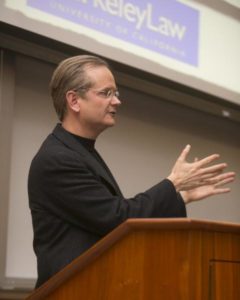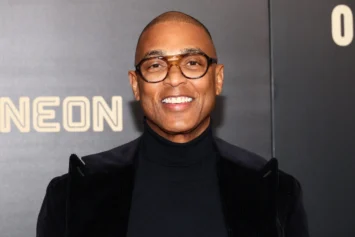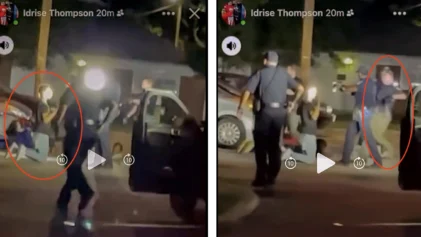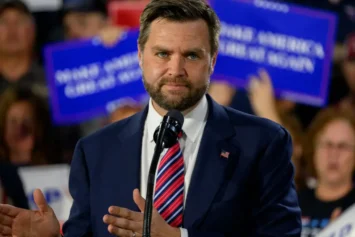A new potential presidential candidate is emerging on the Democratic side to challenge Hillary Clinton, Bernie Sanders and a handful of others. Lawrence “Larry” Lessig, professor of law and leadership at Harvard University and founder of May Day PAC, a pro-campaign finance group, announced in a video that he is launching an exploratory committee to seek the Democratic nomination for president of the United States.
Lessig is offering himself as a “referendum” presidential candidate, who promises to “intervene” and “hack the system,” making it more serviceable and accessible to all citizens, equally. That is, provided his campaign can raise $1 million on a crowdfunding site by Labor Day.
If he wins both the primary and the presidency, Lessig states that he will only serve as long as it takes to pass one signature piece of legislation, The Citizen Reform Act of 2017. His position is that inequality is the reason American government and elections function as they do. The goal is to “end corruption and inequality” by running for president with the promise that if elected, he would only serve long enough to pass reform that will “achieve citizen equality.” Once this legislation passes, this “referendum president” would step down, allowing his vice president to assume the presidency over a Congress that will be free of corruption.
Lessig approaches this campaign as an experiment to “tie every issue” to citizen equality. Citizen equality would guarantee all citizens “a meaningfully equal freedom to vote” as they see fit and without some of the current restrictions set in place in many states that keep African-Americans, the elderly and the poor from the polls. Essentially, this would mean Congress would enact the Voting Rights Advancement Act of 2015 and the Voter Empowerment Act of 2015, laws that would restore Sections 4 and 5 of the Voting Rights Act of 1965, key sections that historically protected African-Americans against discriminatory voting practices.
The redistricting and campaign finance reform components of Lessig’s plan are extremely important for African-Americans because they would inevitably impact the selection of judges, mayors and sheriffs to office — those who directly manage the criminal justice system. Cities and towns that have majority African-American or Latino populations, would see more adequate and proportionate representation on city councils as well. Furthermore, taking big money out of campaign finance, and moving toward a system of citizen-funded elections, will make it easier for candidates of color to run competitive statewide and national campaigns.
Currently, Lessig, a former adviser to Bernie Sanders, has only raised $67,000 with less than five weeks to go before his deadline.
There is some skepticism as to whether such reforms are possible without requiring some changes to the Constitution. Still, Lessig’s message, while unorthodox, may speak to a subset of African-Americans who are growing increasingly frustrated with how the major Democratic candidates are handling questions on racial discrimination and equality. Lessig says that “at the core of our democracy is … the inequality of citizens … it is why we must even say, ‘black lives matter’.” This, in and of itself, will not guarantee him the Black vote, but does make him the first potential Democratic candidate to mention it in his announcement and on his website without being called by Black Lives Matter activists to do so.
If Lessig does not raise the funding limit he has set to enter the race, he pledges to return the funds back to the original donors, unless they instruct him otherwise.
When asked why not focus on the presidency in terms of a long-term strategy, Lessig says, “I’m focused on the short term: in the short term, it would radically increase the opportunity of people of color and women to enter the political process. As the great Zephyr Teachout puts it, this is a gender and race equality issue first. Who do you think has ability to raise the money to run for office? White males. And if we can press equality more generally — ending political gerrymandering — then we can get a system of representation where Congress knows it must respond to all of us.”



